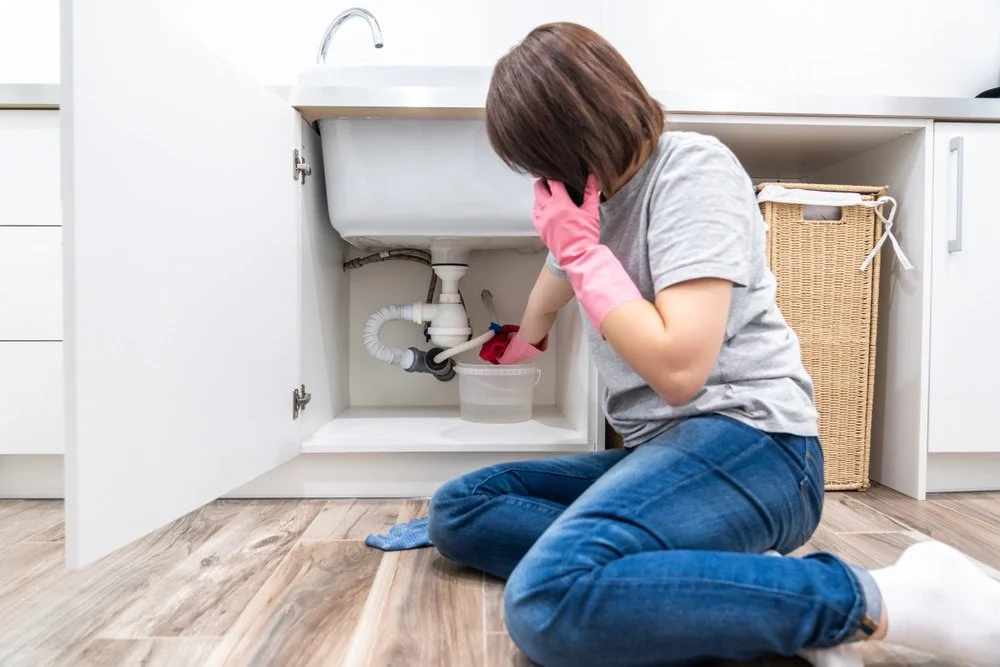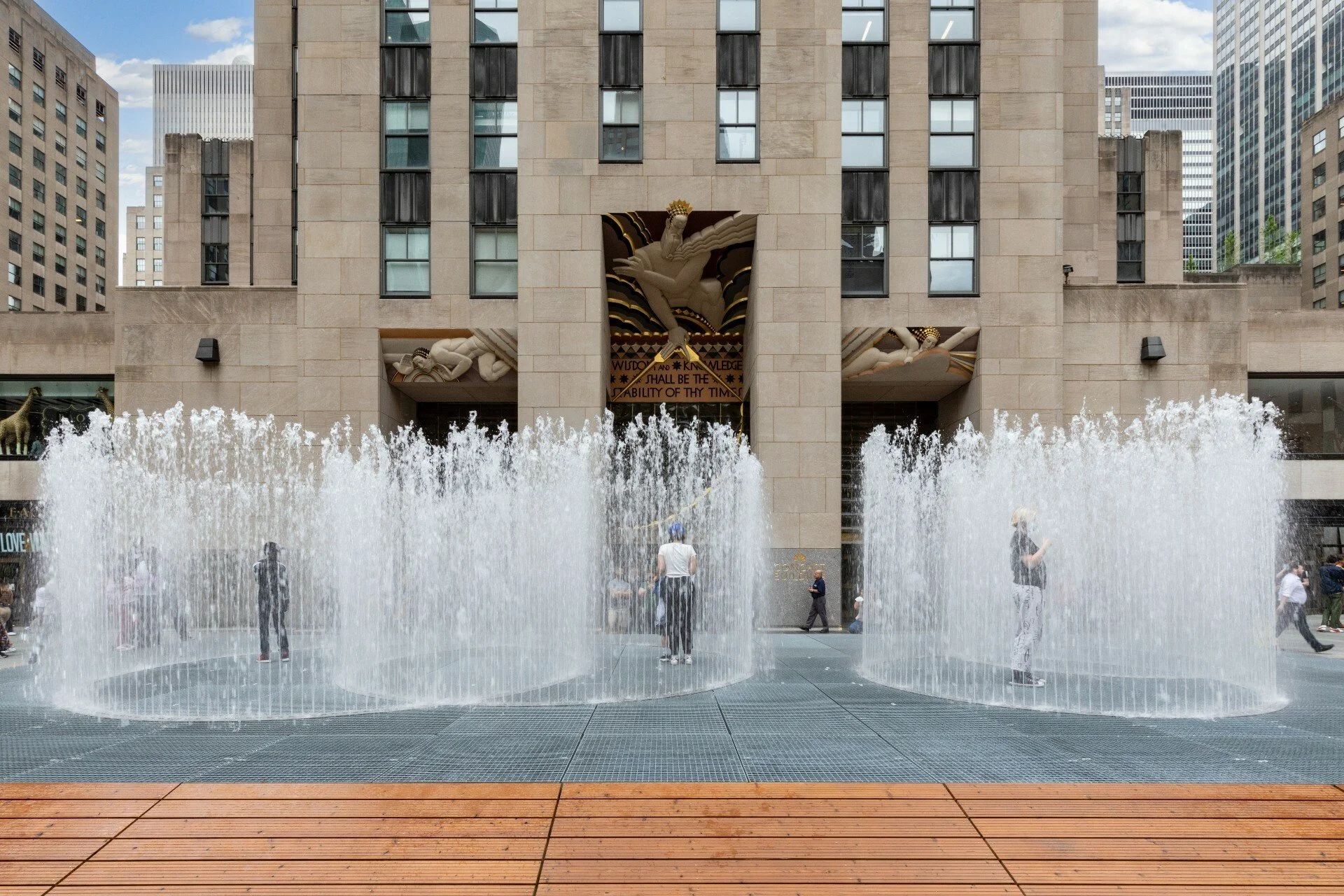You don't have to be on the West coast
to feel the effects of the recent wildfires that have been happening. Here in New York, the sky was hazy and the sun had turned into a red-orange color as clouds of smoke made their way 3,000 miles across the country.
Conditions were so bad in New York that the state had to issue an air-quality health advisor.
Almost 80 wildfires are currency burning across 12 western states according to the National Interagency Fire Center. Unfortunately, this is probably not the last advisory we will experience during this fire season.
While we are situated far away and remote from these areas, Michele Ann Cassalia, the director of marketing at the Asthma and Allergy Foundation of America, says that "The indoor level of pollutants can be two to five times higher than the outdoor levels." This means that simple methods like keeping rooms well-ventilated and removing sources of pollutants where possible, an air purifier can go a long way in improving that number and also your health.
If you are in an area that is affected by wildfire smoke, first make sure your doors and windows are tightly closed. Reza Ronaghi, a pulmonologist at the UCLA Health Santa Monica Medical Center, advises sealing any gaps or cracks with old clothes or duct tape. For best results, you'd want your air purifier "running 24/7 at the highest speed possible to clean as much air as possible"
William Lang, chief medical officer at WorldClinic and former director of the White House Medical Unit, stresses replacing your purifier's filters regularly. He also points out that, because air purifiers only reduce the concentration of smoke particles, not remove them entirely, in areas with dense smoke, the concentration may still be too high with a purifier, and you may have to then reconsider locating.
High-efficiency particulate air (HEPA) filters, which are considered the gold standard in the industry, are certified by the U.S Department of Energy to eliminate 99.97 percent of particles as small as 0.3 microns.
Here are some air purifiers that experts have suggested and recommended. And at every price point!
Dyson, known for its highly rated electronics, has a purifier that filters your air and also operates as a fan- AT THE SAME TIME. This makes it the perfect home item for the summer. This smart Dyson Pure Cool Link has an app that monitors and shows you your home's air quality and uses AAFA-approved HEPA filters. They can be set to 10 different speeds, with no moving blades, making this safe around small children and pets. It oscillates up to 350 degrees and has a simple easy filter changing system. Dyson offers a 2-year warranty with this product!
Experts prefer HEPA filters over electronic or ionizing devices that release ozone into the air, which can irritate people with asthma symptoms. The Rabbit AIR HEPA purifier comes certified by the AAFA asthma and is allergy-friendly based on third-party testing performed and reviewed by the foundation and the independent certification company Allergy Standards Limited. The HEPA filter has a carbon later that absorbs dangerous gaseous compounds in the air. It can either stand on its own or be mounted on a wall, and it also includes an air quality indicator. It can cover up a room up to 700 sq ft. A small solid investment for your home and your health
If your budget is under $300, you can't go wrong with this HEPA air purifier from Honeywell.
It features a cutting-edge design that displays device-setting information from a distance. It has easy to understand color-coded feedback on the display panel. Honeywell air purifiers are the #1 brand recommended by allergists. Not only it can help reduce polluted air but also reduce airborne viruses, bacteria, and mold spores. It can effectively filter up to 175 sq ft.
LEVOIT Air Purifier $89.99
Last but not least, if you are still unsure about a huge splurge on an air purifier, here is the LEVOIT AIR purifier for your home. Designed in California, it was rated as the #1 most popular air purifier brand in the USA. It protects your home from unwanted contaminants such as smoke, dust, pet fur, pet dander, pollen, and VOCs. It has a 3 stage filtration system that targets a wide variety of airborne contaminants with over 3 distinct stages of filtration. Activated carbon filter, H13 True HEPA filter, and a pre-filter. This small but impactful purifier is perfect for bedrooms and small home offices.















